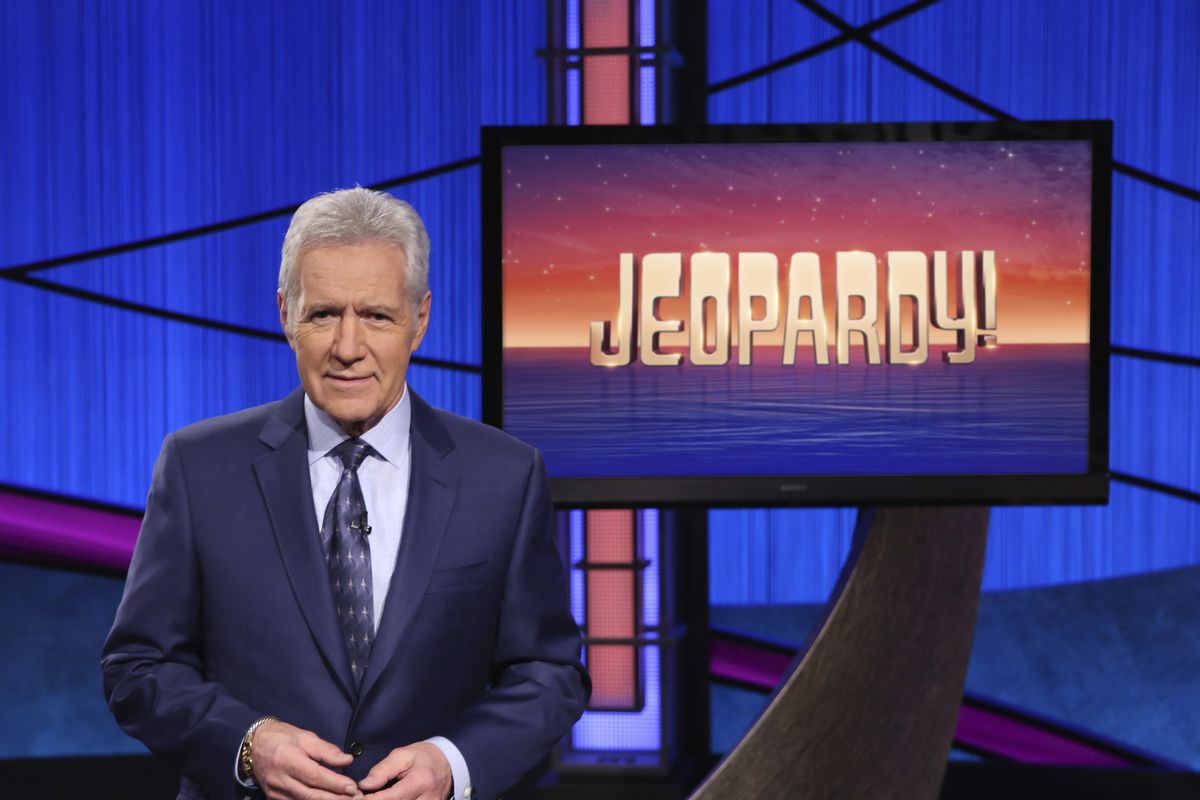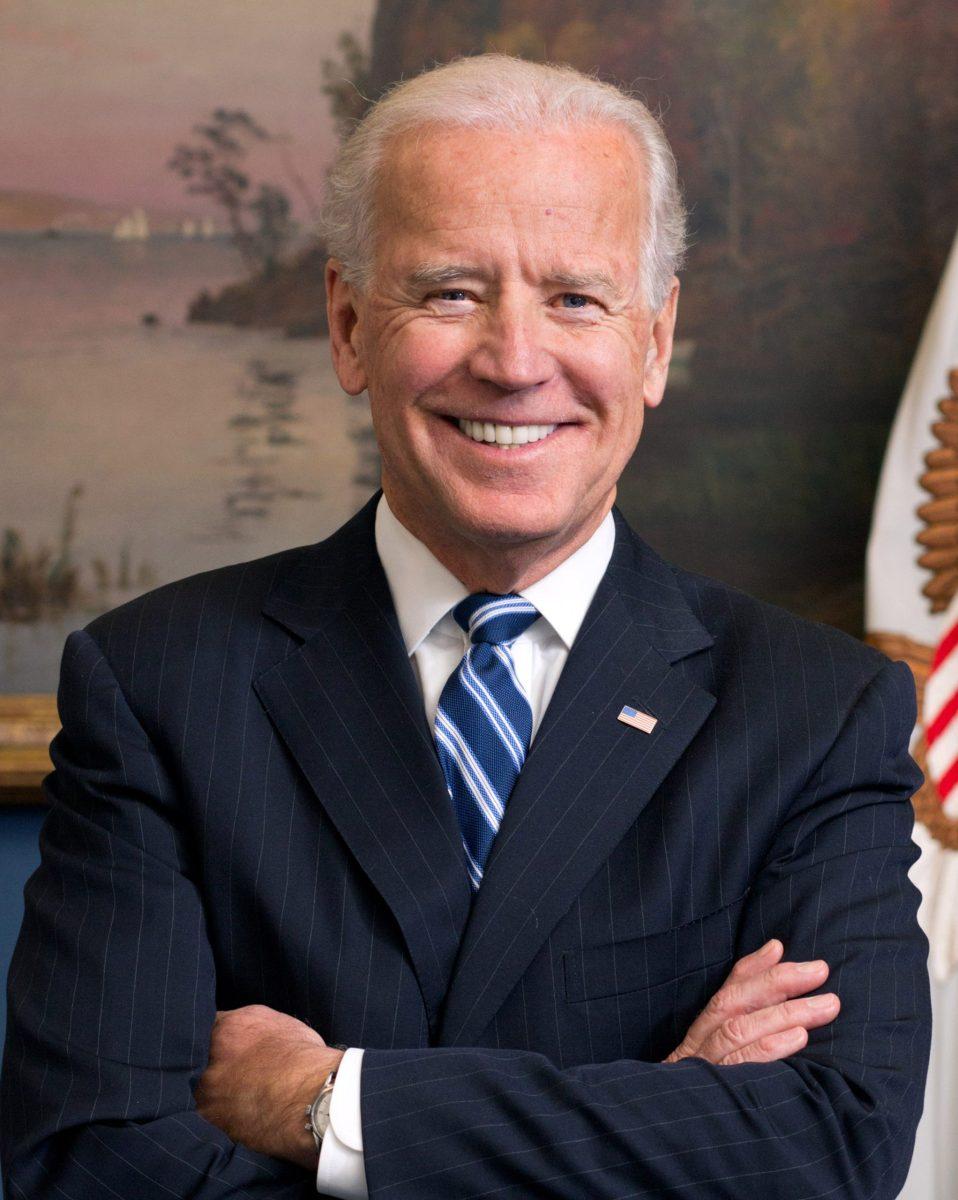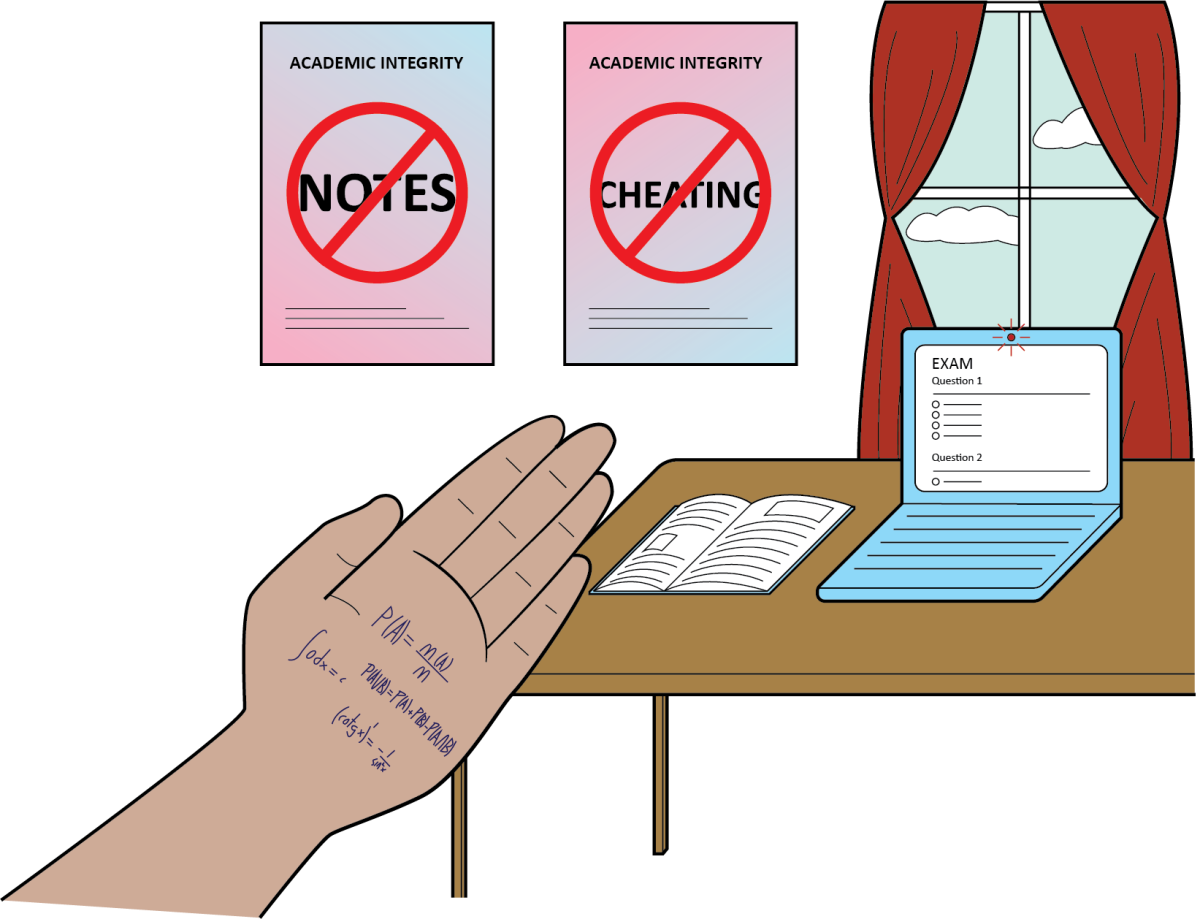On Nov. 8, legendary host Alex Trebek lost his battle against pancreatic cancer, devastating the nation immensely. Trebek is most known for hosting Jeopardy, a game show that features three contestants competing by answering trivia questions read by the host, since it was revived in 1984. In March of 2019, he announced on air that he was diagnosed with stage IV pancreatic cancer, with the prognosis being poor; he had 18% of a chance to live for another year, but he fought for six more months after that time frame, passing away at the age of eighty.
Throughout his different therapies to battle the cancer, he thanked his family and supporters for all of their prayers and well wishes to keep him as healthy as possible. Among these supporters were multiple students at NJIT who are great admirers of both Trebek as well as the iconic show he hosted.
First year mechanical engineering major Ryan McCusker explained that he and his father have watched Jeopardy all his life, leaving a strong impact on him. The show intrigued him as he got older and paid attention to the clues given, saying, “My interest in the show really began around age 14 when I realized I could actually get more than one or two answers right per show. The satisfaction of getting an answer right that my dad didn’t, or even better, getting an answer right that none of the contestants did, is what kept me watching. Now, if I ever see my dad watching I’ll sit down on the couch and finish the episode.”
McCusker is not the only one holding memories of enjoying the show with loved ones; Meredith Westrich, a freshman computer science major, said that she remembers watching Jeopardy with her grandfather before he passed away. Westrich also watched it with her middle school boyfriend, who “beat me every game but always let me win one if a topic piqued my interest.” She mentioned that the show “made senseless trivia feel useful and something to be celebrated,” which is the reason she is so drawn to it.
Mira Sapozhnikov, a first year forensic science major, appreciates the concept of trivia on Jeopardy, just like Westrich pointed out. Sapozhnikov expressed, “I am neurodivergent, and one of my traits is I memorize a lot of facts. Jeopardy made me feel a little less weird for having that abundance of random knowledge, and as a result, I felt more validated in my being and feeling.” She also talked about the importance of Trebek being the host of such a show, commenting, “Few game shows or other reality TV hosts encourage that kind of safe space in people. He helped create a refuge for the weird and the unorthodox, and for that, I will always value his presence on this earth.”
Another freshman computer science major, Rajan Tripathi, was devastated to hear about his death; he said, “Alex Trebek was such a pure and wholesome man. […] I think what sets him apart is just the purity of his character. Seeing him be so good to and mindful of so many people was heartwarming; over the years he must have encountered thousands of different contestants, yet he made an effort to connect with each and every one of them.” This explains why Trebek’s death was so resonant nationally: McCusker said, “The wholesome, unexpectedly sarcastic host who’s never had a public controversy. It’s easy to like him and impossible to hate him. The death of someone like that will sadden everybody.”
His humble character is what many people admire about him. McCusker also remarked that “he doesn’t try to make the show about him. He eloquently reads out the clues, keeping the focus on the contestants and their answers except for the occasional sarcastic quip.” First year computer science major Joseph Marquez recognized how Trebek took his time to be as respectful to other cultures as he could: “Whenever he read clues, he always pronounced foreign words correctly to the best of his ability, and I thought it was very admirable of him to do that.”
Westrich also mentioned that “Trebek’s calm demeanor and gentle voice made him stand out in a world of high energy TV hosts and personalities, making him seem more friendly and inviting.” Tripathi resonates with this statement, saying, “I think every once in a while, you encounter someone so genuine that it seems like they just have to be a good soul. Although I never met him, years of watching him on television made me feel like I knew him; the person he seemed to be was someone I knew I could look up to — a sentiment that rarely holds true with television personalities. He was truly one-of-a-kind.”
Tripathi also commented on Trebek’s pure love for education: “He was like a gentle teacher or librarian, calmly guiding contestants and the audience not just in competition, but in the pursuit of new knowledge.” Similarly, Sapozhnikov noted that “Everyone, in some way, has viewed or somehow heard of Jeopardy. He had a profoundly politically neutral impact on society: all he wanted was for people to just know things! A love for Jeopardy was a unifying love that did not bring the same divisiveness we see present in other types of media.”
Jeopardy “is a show that people of all ages and generations have watched. Personally, I would eat dinner with my family at 7 PM every night so we could watch Jeopardy while eating, and it brought my family together as a result. I’m sure Jeopardy had a similar effect on many other American families,” said Marquez. It is a show that brings individuals together in a pure way with the simple motivation of getting to learn more about certain topics as well as other people. Hosting a show like this will only bring out the best in people taking part in it as well as the ones watching it from miles away.
A common stance that these students interviewed have is that “Trebek’s death was so resonant because he had been doing what he had been doing for so long that he almost felt untouchable. He had made his impact on almost every American– Jeopardy was accessible to anyone with a TV and an antenna, and public schools across the country absorbed it into quiz review games. His death is the end of an era, one that touched so many of our childhoods,” Westrich described. She brought up how Jeopardy has impacted educational institutions of the country. Many educators have included ideas related to the show in order to help review for exams or just test some knowledge in a fun way.
Sapozhnikov included a prime example in her response: “some of my favorite memories related to Jeopardy actually came from my high school AP Gov and US History teacher. […] We would all sit in our desks, chit-chatting, until Mr. Riotto flipped through his little Jeopardy calendar and pulled up to the date. When it was a Friday, or before a holiday, there would be so much tension in the air, pregnant with excitement. We’d have extra questions! Then, we would proceed with our school day and learn a little more. [… It] was a fun and light competition. It made the gloom of mornings a little less gloomy, and it always roused at least one or two laughs from all of us: ‘No, I said it first!’, ‘No, me!’”
Among his most treasured moments that he can recall about Trebek. McCusker included, “contrary to his apparent cute-old-man vibe, he loves making fun of his contestants. One of my favorites of those moments is during a football category, where the contestants clearly know nothing about football. As they go down each question, nobody even buzzing in, Alex hits them with, ‘I can tell you guys are big football fans,’ ‘do you think we should go to commercial?’ before the category was over, and ‘let’s look at the thousand-dollar clue, just for the fun of it.’”
Marquez recollected a time when Trebek had to read rap lyrics in a certain category, and a video of him doing that went viral on the internet. The student also got reminded of “a contestant who started crying while he was talking to Alex Trebek about how watching Jeopardy helped teach [the contestant] English.”
Tripathi was immeasurably moved by this moment: “Nothing brings a tear to my eye like that moment in Final Jeopardy in one of the first few episodes after Alex announced his terminal prognosis due to cancer. One of the contestants sacrificed the opportunity to write the correct answer and win thousands of more dollars, instead writing, ‘We
“Even though we all knew he had cancer for a long time and that we were all expecting him not to be around for much longer, his death was still a big surprise. The last I heard, his treatment was going well and it looked like his life was getting better,” Marquez stated.
Ultimately, Tripathi voiced how many individuals feel: “To me, Trebek will always be the face of Jeopardy and an important part of my childhood. There was no one like him. My prayers go out to his family and friends. With a man like him, one can only hope to one day be as respected as he was and will be.”




































